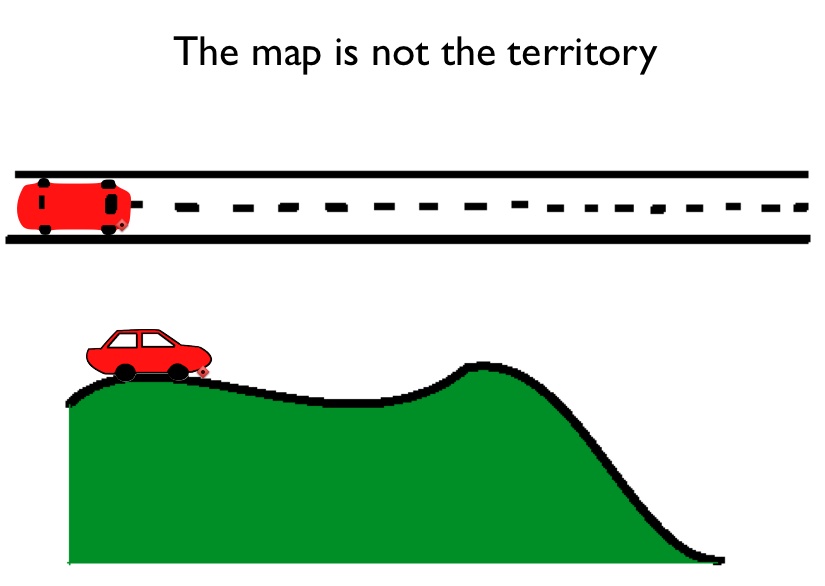As a follow up on yesterday's post it may be helpful to clarify two major notions of systems.
1. Linear systems: input=>process=>output
The most common notion of a system is one in which input is processed to create an output.
These systems are often described as linear and can be as simple as a light circuit:
- the input of electricity flowing through the circuit causes the globe to output light. The process may involve the heating of a filament the activation of some other source of light.
Combining such systems, and building in feedback loops, can create quite complicated devices such as airliners, computers etc. In linear systems, cause and effect are consistent over place and time such that outputs can be replicated. That is, outputs are predictable.
These systems are often described as linear and can be as simple as a light circuit:
- the input of electricity flowing through the circuit causes the globe to output light. The process may involve the heating of a filament the activation of some other source of light.
Combining such systems, and building in feedback loops, can create quite complicated devices such as airliners, computers etc. In linear systems, cause and effect are consistent over place and time such that outputs can be replicated. That is, outputs are predictable.
2. Complex adaptive systems: emergent, self organising...
Complex adaptive systems are the second major type of system. The outputs emerge from the interaction of the elements within the system and the interaction of the system with its environment. While patterns may emerge overtime outputs cannot be predicted accurately, especially over the long term. Weather, social systems and ecosystems are common examples of complex adaptive systems.
As social entities, schools are complex adaptive systems. However they can often be treated, at least in part, AS IF, they were linear systems. To do so is reasonable under certain conditions, namely that the patterns of interaction involved a stable. Hence Deming's advice to “first stabilize the system” before trying to improve it.
Complex adaptive systems are vulnerable to disruption but may also be highly resilient as a result of their capacity to be self organising and their wide range of possible responses. (see Requisite Variety).
Systems thinking and its limitations
Systems thinking as it applies to linear systems, offers a range of very useful approaches and tools for school improvement. However it is critical to understand the limitations of systems thinking and the assumptions made being in its application to specific circumstances.
A systems models is a kind of map of the system and it is important to remember that "A map is not the territory".

No comments:
Post a Comment